Charities warn half of UK Muslims face a challenging Ramadan due to high cost of living
Nearly half of UK’s Muslim population will struggle to provide enough food for their families to break their fast during Ramadan, according to the UK-based charity.
Islamic Relief charity said on Friday that different charity groups have seen an uptick in food bank use since the start of the COVID-19 pandemic, which had been exacerbated by the subsequent increase in the cost of living.
Islamic charities are reporting widespread use of food banks, and have urged the government to increase benefit payments and improve the UK’s social security systems.
According to the Muslim Council of Britain, an estimated 50 percent of British Muslim households are living in poverty and deprivation in the world’s fifth-largest economy, compared to 18 percent of the general UK population.
Many people have been hit hard, in particular low-income families, the homeless, those suffering from domestic abuse, asylum seekers, and refugees who were already struggling to feed themselves, Islamic Relief said.
Tufail Hussain, director of Islamic Relief, said, “Families across the UK will be suffering as a result of record rates of inflation as well as increasing energy prices due to the war in Ukraine” and also the effects of the Covid-19 pandemic.
“We urgently call on the UK government to … take the bold actions necessary to avoid pushing families into destitution. This is especially important as Muslim families begin to observe the holy month of Ramadan,” he said.
Heating homes during Ramadan may be the first expense to be spared given the rising cost of energy.
The risks of child poverty are also heightened as the Muslims have the youngest age profile of all religious groups in the UK - with 33 percent aged 15 or under.
Requests for help from one of the charity’s partners, the National Zakat Foundation (NZF), have soared by 70 percent over the last twelve months. Typically, Muslims tend to give more to charity during Ramadan.
NZF gives out grants to those in need from Zakat (an obligatory donation of a percentage of wealth by those who can afford it to those who need it) that has been collected from British Muslims.
“One of the key things is that Zakat should be spent within the area where you live,” said Sohail Hanif, chief executive of the National Zakat Foundation. “Within the UK there are a lot of families struggling. We’re really seeing it now,” he added.
Meanwhile, soaring prices across household essentials have severely impacted families’ spending and UK households could be £1,000 worse off in 2022, according to an analysis by the Resolution Foundation, an independent think tank.

Rights groups urge UK prime minister to hold back on anti-migrant rhetoric
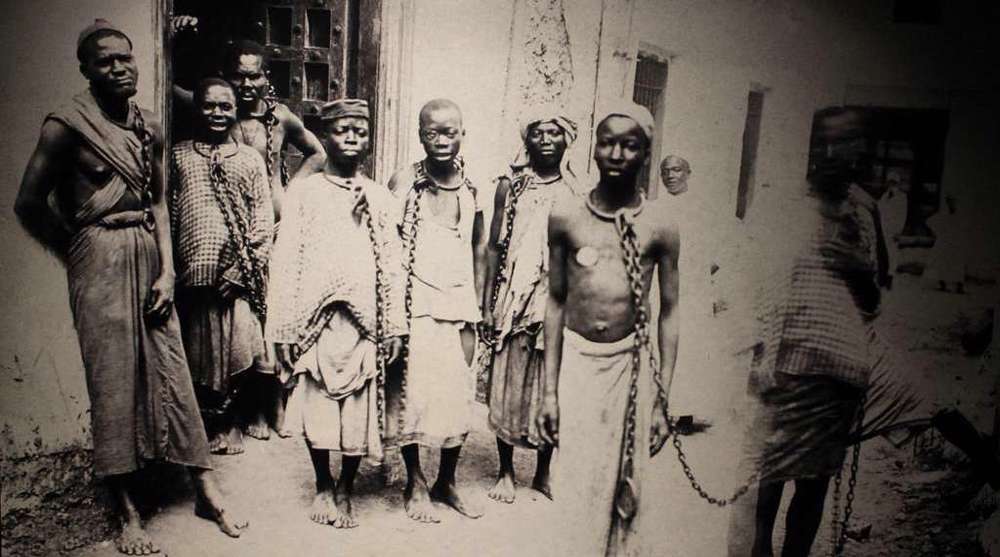
Report: Most Britons ignorant about scale of UK slavery
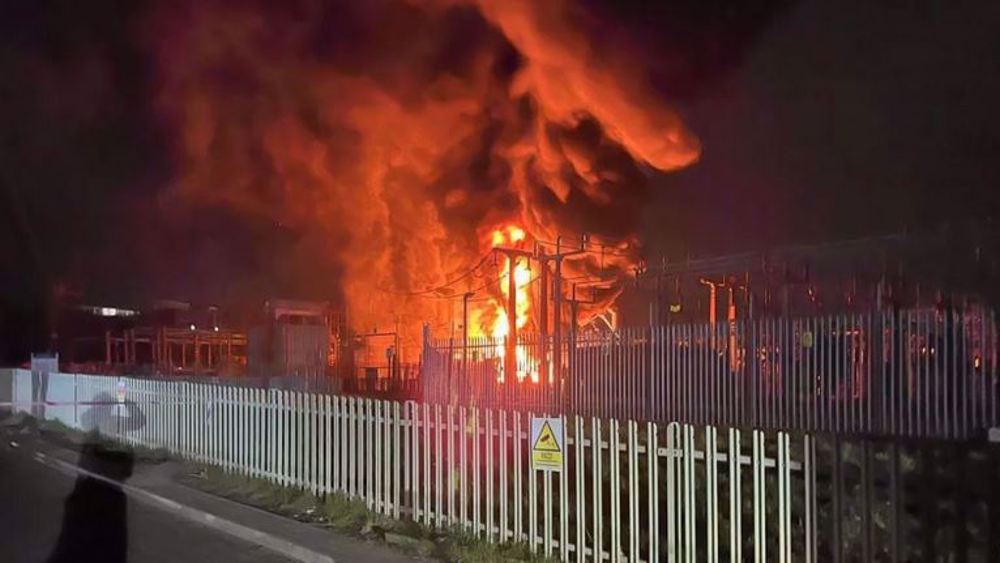
London’s Heathrow announces shutdown due to ‘significant power outage’
On arrival in Beijing, Araghchi says China, Russia Iran’s strategic partners
Gaza facing 'unprecedented humanitarian catastrophe': Hamas
VIDEO | Poll: Majority of Americans disapprove of Trump’s economic plans
VIDEO | Yemeni ballistic missile triggers sirens in Israeli-occupied lands
VIDEO | Iran-China-Russia partnership
VIDEO | Press TV's news headlines
Netanyahu’s anger source of joy for us: Ansarullah
Iran, China working resolutely to safeguard mutual interests: Tehran says as FM departs for Beijing


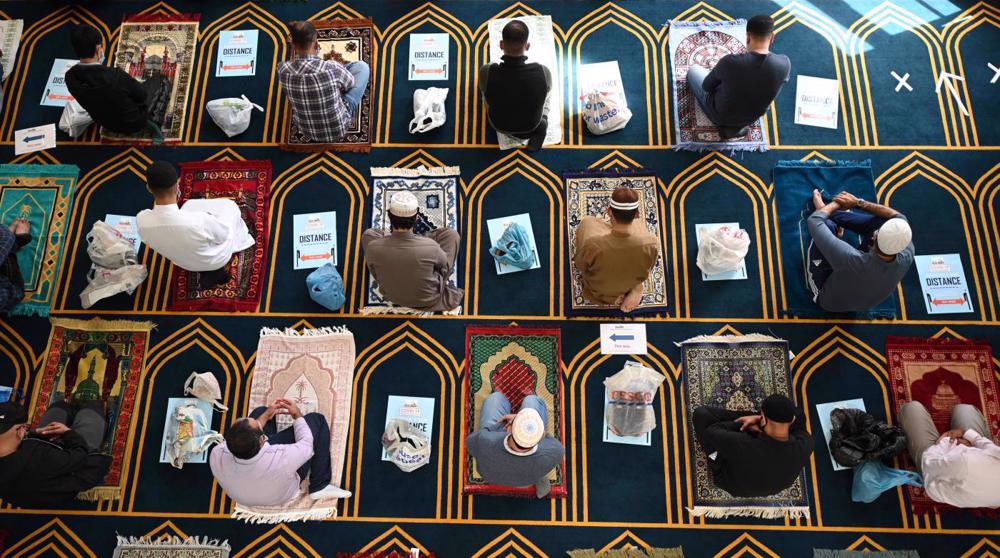
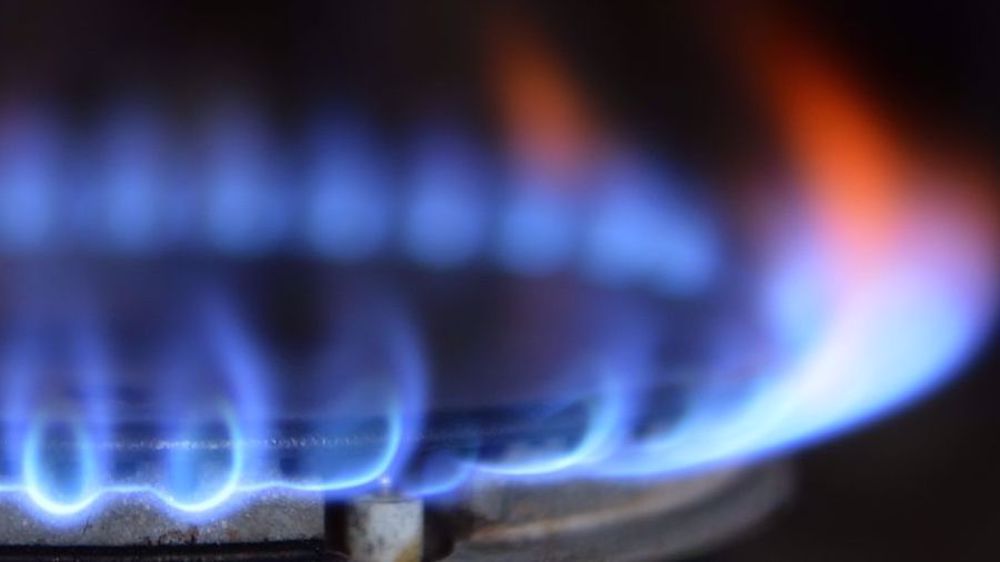



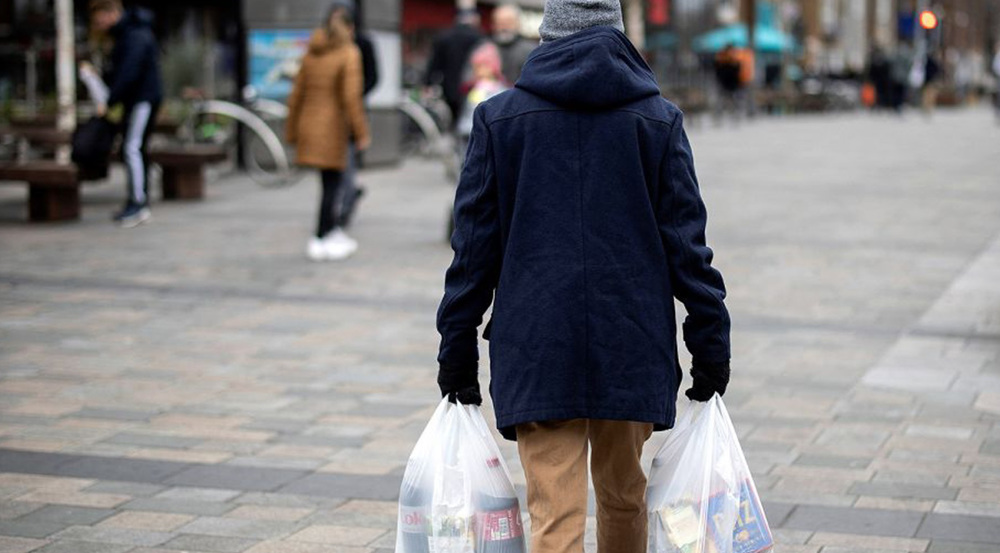
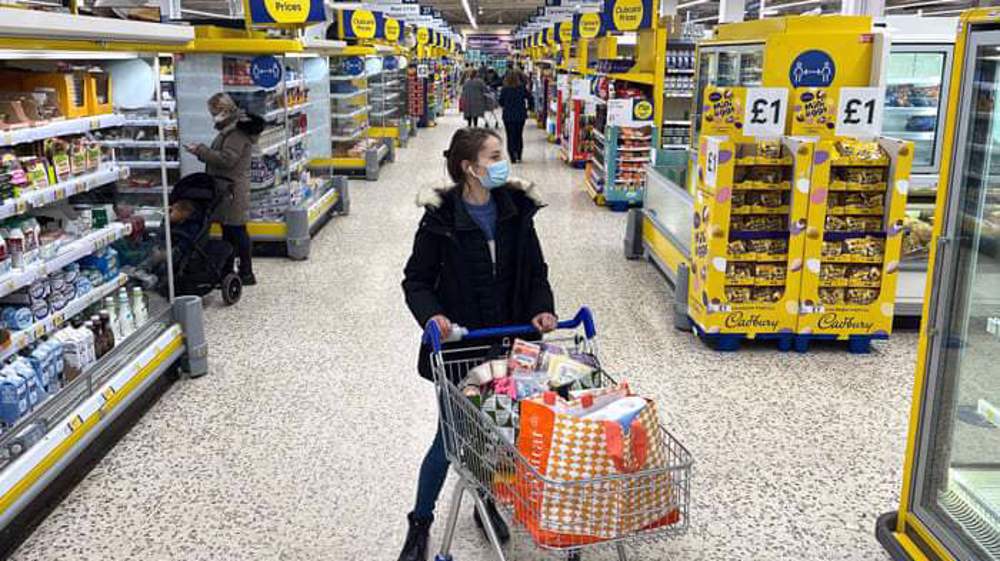
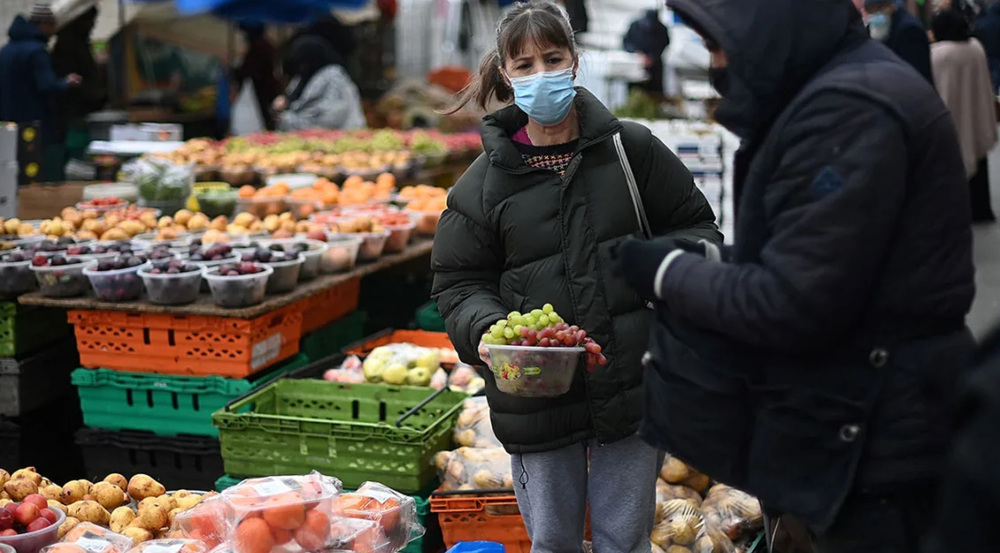

 This makes it easy to access the Press TV website
This makes it easy to access the Press TV website